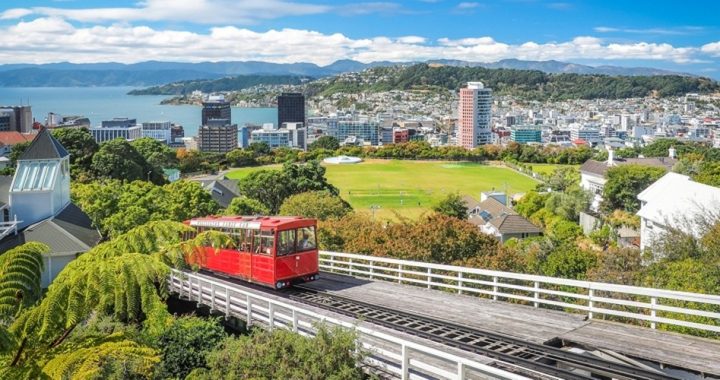
All is apparently well concerning the COVID-19 virus in the land of kiwis, as New Zealand has lifted nearly all lockdown measures. At midnight local time on Monday, the nation moved down to level one, the lowest of the nation’s four-tiered alert system.
Prime Minister Jacinda Ardern announced the lifting of restrictions after the island nation reported no new cases for a full 17 days. Currently, according to public-health officials, there are no active cases in the country. It’s the first time there have been no active cases in the country of five million people since late February.
There are no more restrictions on public gatherings, and social distancing is no longer required. However, the nation’s borders will remain closed to foreign visitors for the time being. Also, New Zealanders returning from abroad will be required to go through a 14-day period of isolation.
There are currently negotiations under way for a “travel bubble,” which would include Australia, but any extension of travel to or from New Zealand is considered months away. “I don’t want New Zealand businesses or even Kiwis who want to travel across the ditch to be given a false start. I’d rather share timelines when we have much more certainty,” Ardern said.
“[Australia is] making progress state by state, but it’s not universal.”
Ardern told reporters that she did “a little dance” when she was informed of the news, and promised that the country would stay vigilant regarding the virus.
“While we’re in a safer, stronger position, there’s still no easy path back to pre-Covid life,” Ardern said. “But the determination and focus we have had on our health response will now be vested in our economic rebuild.”
“While the job is not done, there is no denying that this is a milestone,” The prime minister said. “So, I can finish with a very simple, ‘thank you New Zealand.’”
Compared to other nations, New Zealand was relatively fortunate regarding COVID-19, reporting just over 1,100 cases and only 22 deaths from the virus. However, that is also true of other nations that are isolated like New Zealand.
The nation went into what it called level four lock-down on March 25 and closed all schools and most businesses. People were told to stay home except for emergency situations or to get essential supplies.
After more than five weeks at level four, the nation moved to level three in late April, in which take-out restaurants and other non-essential businesses were allowed to open. Level two followed in mid-May. Level-two restrictions were expected to continue until June 22, but level one was moved up to June 8 with the news that no new cases had been reported for 17 days.
And now the country is finally “fully open” again. “Retail is back without limitation,” Ardern said. “Hospitality is back without limitation; public transport and travel across the country is fully open.”
Going forward, the nation looks to rely on contact tracing in order to quickly quell future outbreaks. Ardern announced that QR codes would begin appearing wherever people gather. Businesses are asked to remind citizens to scan their codes into the government’s contact-tracing app, so that the government can more easily track people’s movements.
“This is a new key habit we’re asking all New Zealanders to adopt,” Ardern said.
Ardern has earned praise from the World Health Organization and other globalist entities for her swift and authoritarian actions aimed at keeping the coronavirus at bay in her nation.
So, while the news appears to be good on the virus front in New Zealand, it comes at a hefty price. While Ardern claims the country is now “fully open,” that openness comes with a loss of freedom. A government that wishes to track the movements of its citizens — whatever the reason — cannot be considered democratic. Tracking the movement of citizens is definitely an authoritarian move.
Image of Wellington, New Zealand: Robert CHG/iStock/Getty Images Plus
James Murphy is a freelance journalist who writes on a variety of subjects, with a primary focus on the ongoing anthropogenic climate-change hoax and cultural issues. He can be reached a [email protected]




